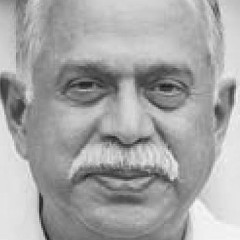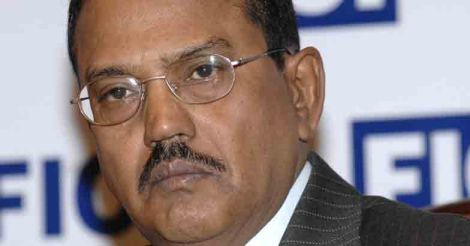When riots were taking their toll in Thalassery in 1971, Home Minister K. Karunakaran got a young Superintendent of Police, Ajith Doval, transferred there to bring the disturbances under control. Doval, who worked efficiently, got things under control in a few days, just as much as his bosses wanted him to. He is now the National Security Advisor (NSA) to the Indian government and the way his team dealt with the attack in Pathankot recently is not expected to attract criticism.
Whenever terror strikes, the first accused is the intelligence; rightly or wrongly. In the case of Pathankot, there is consensus that warnings were received in advance and the most of the criticism is focussed on how the terrorists were dealt with. However, it is not safe to assume things and only an official inquiry would prove whether intelligence or counter-terrorism measures were not effective at Pathankot.
However, the attack proves that we need to develop and upgrade systems needed to counter such mishaps in future. To understand this, we need to have a grasp of the national security setup. The current system, the National Security Council, which came into effect in 1999, has the PM as the chair and the National Security Adviser as the member secretary. There are other agencies such as the secretariat and the National Security Advisory Board to help the NSC.
The Strategic Policy Group is at the next level and is made of officers in the intelligence and defence sectors. They also act as the Crisis Management Group (CMG) when needed. All these systems are to ensure that coordination is enhanced at higher levels of government.
If the media reports are to be believed, one needs to check whether coordination, at the higher levels as well as at the operational levels, is running smoothly. A review needs to check whether there are any issues that are blocking communication between these departments or making them less effective. For example, there needs to be clarity on who needs to act first, the CMG or NSA, when a crisis situation occurs. Similarly, there also needs to be clarity on who would control the NSG, which comes under the Home Department, when it is summoned to act in areas controlled by the defence forces.
Other than coordination, three other factors are critical to setting up a foolproof anti-terror system. Achieving critical abilities, efficient control and legal provisions are the three. We cannot combat terror without strengthening laws concerning our security forces. Policymakers need to check whether the current laws contribute to efficient operations by security forces. This is most important at this juncture when the nation is facing attacks from outside and inside.
(The author is a former DGP and former Director of the RAW)





































































































































































































































































































































































































































































































































































































































Disclaimer
The comments posted here/below/in the given space are not on behalf of Manorama. The person posting the comment will be in sole ownership of its responsibility. According to the central government's IT rules, obscene or offensive statement made against a person, religion, community or nation is a punishable offense, and legal action would be taken against people who indulge in such activities.